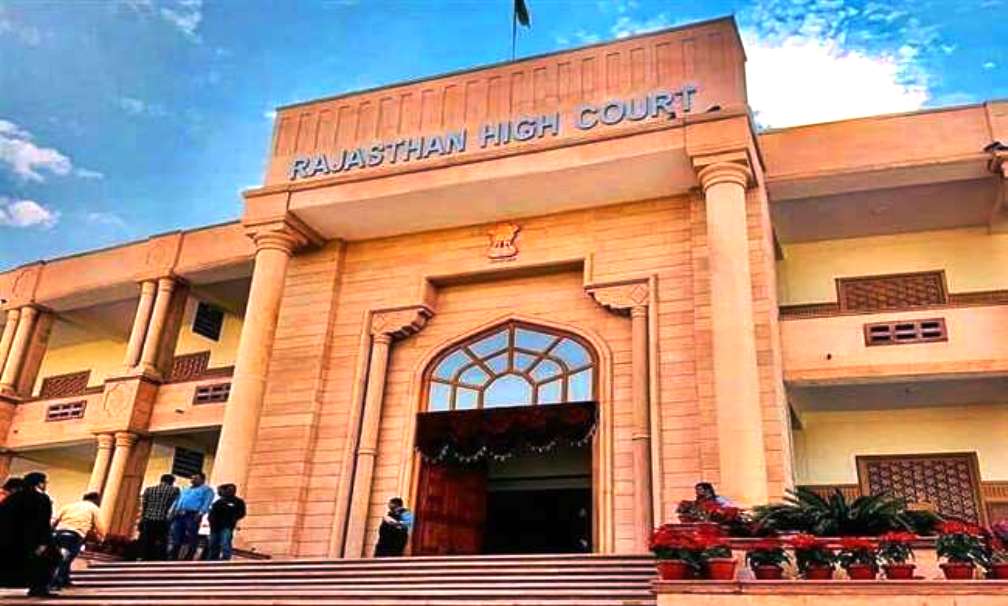Jahanvi Agarwal
The Rajasthan High Court emphasized the importance of respecting religious and spiritual sentiments in a recent ruling involving a dispute over a religious leader. Justice Anoop Kumar Dhand highlighted Article 51A(f) of the Constitution of India, which underscores the duty of citizens to preserve the country’s cultural heritage.
The Court was addressing a challenge against an order by an Additional District Judge that restrained petitioners Bhanu Prakash Sharma and Bhagwan Das Gattani from causing damage to idols and pictures of Swami Krishnanad at a temple. The district judge’s order followed allegations of vandalism against Sharma and Gattani, who claimed they were conducting worship in a traditional manner involving sandal application and writing spiritual names on Swami’s photo.
In its ruling, the High Court affirmed the importance of protecting religious artifacts while acknowledging the petitioner’s right to worship in the temple. The Court modified the district court’s order, allowing the defendants to offer flowers or garlands without damaging idols or photos. Additionally, the parties were directed to plant 25 indigenous trees each around the temple premises within four weeks.
“The religious and spiritual sentiments of anyone cannot be allowed to be hurt,” emphasized the Court, stressing the need to uphold reverence while allowing worship activities. The tree planting initiative was seen as a symbolic act to foster faith in God and nature.
The Court mandated annual compliance reports on the planted trees, underscoring the importance of preserving cultural and environmental heritage in harmony.
Case Name: Bhanu Prakash Sharma v. Moorti Mandir Thakurji
Dairy Number: 5610/2024
Bench: Justice Anoop Kumar Dhand

